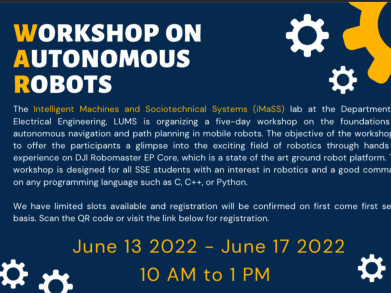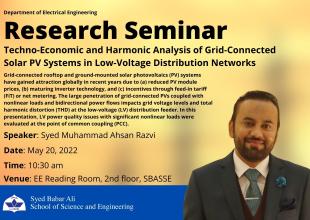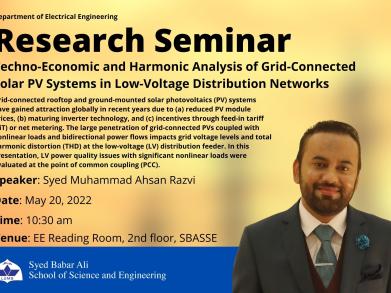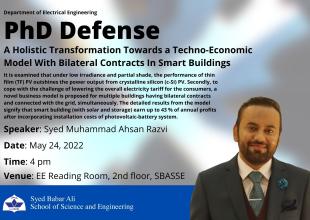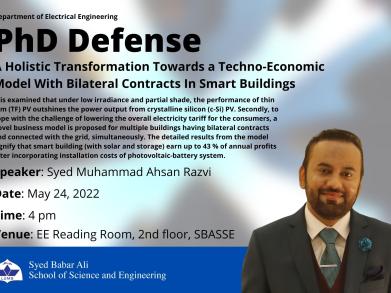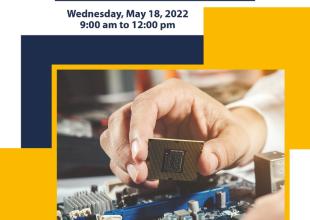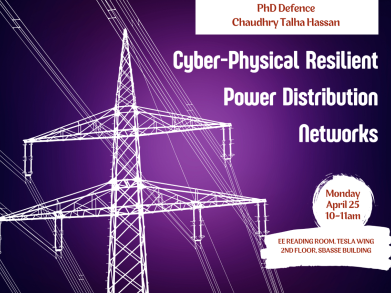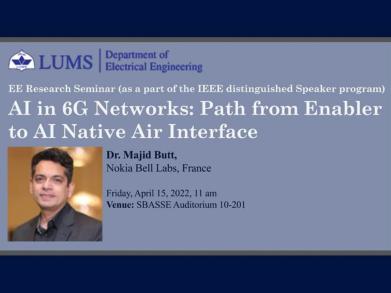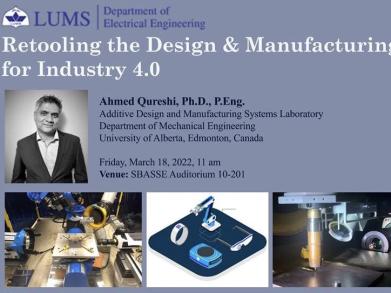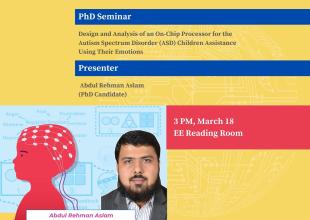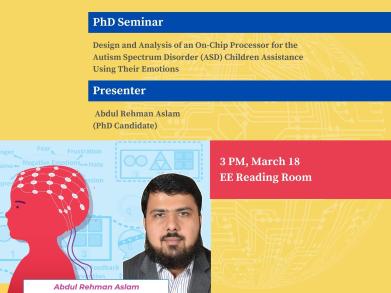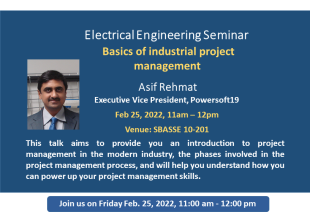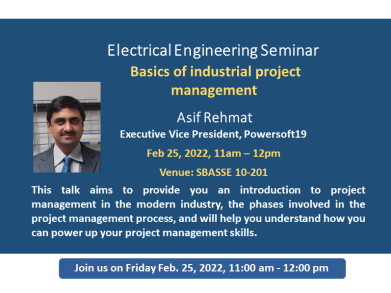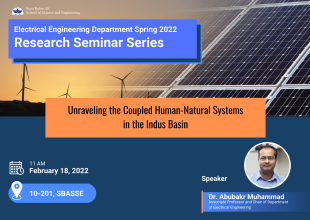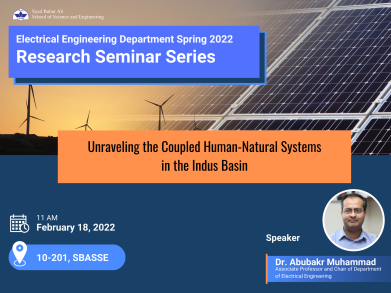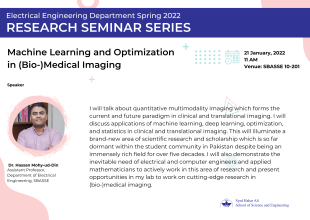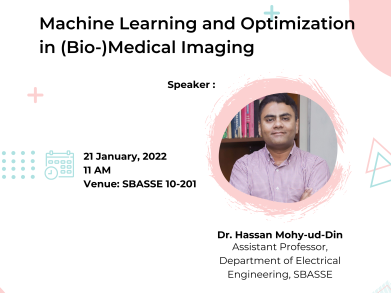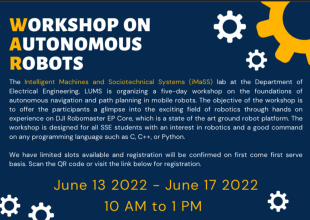
The Intelligent Machines and Sociotechnical Systems (iMaSS) lab at the Department of Electrical Engineering, LUMS is organizing a five-day workshop on the foundations of autonomous navigation and path planning in mobile robots. The objective of the workshop is to offer the participants a glimpse into the exciting field of robotics through hands on experience on DJI Robomaster EP Core, which is a state-of-the-art ground robot platform. The workshop is designed for all SSE students with an interest in robotics and a good command on any programming language such as C, C++, or Python.
In this workshop, the students will learn how to navigate a ground robot in unknown environments with obstacles by using feedback from proximity sensors, and how to fuse feedback from vision and proximity sensors for target detection and manipulation.

